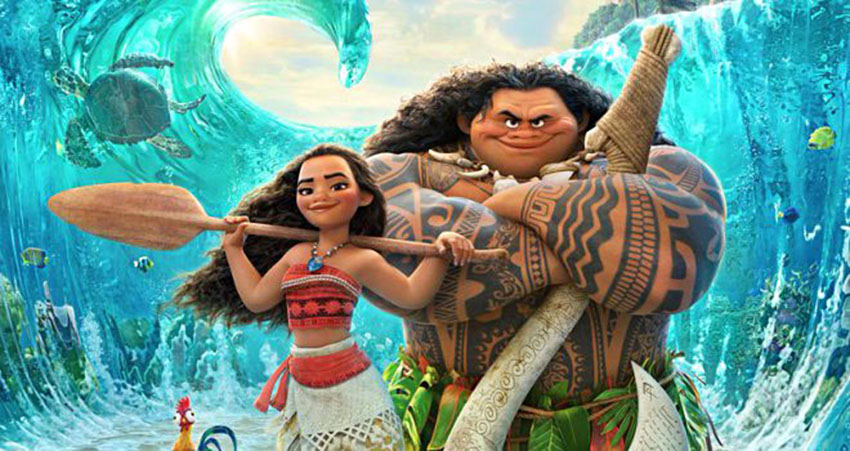Disney’s “Moana” took the world by storm in the summer of 2016, earning over $600 million and widespread critical acclaim. The associated toys and merchandise have generated immense revenue for Walt Disney, a company which will undoubtedly have similar hits for years to come. And despite that, for as long as until 2111, Disney will still have exclusive rights to milk Moana for profit, barring new artistic reinterpretations of the property. The current system of copyright and intellectual property protections quells artistic expression gives consumers the short end of the stick.
Mickey Mouse, as a property of Disney, enjoys bipartisan support in Congress. He was created in 1928, and under the existing copyright regime of the time, Disney’s right to Mickey should have ended in 1956 at the soonest, 1984 at the latest. Yet with some Disney magic, without fail, Congress expands copyright protections every time the Mickey is about to lapse into the public domain.
The hypocrisy coming from Disney is staggering. It has gained its immense wealth by monetizing properties in the public domain – like Cinderella, a centuries old fairy tale owned by no one – lobbying for copyright protections for those properties, and then reworking properties while constantly expanding the lifetime of their protections. It is a company that has managed to exercise artistic reinterpretation of cultural touchstones while making it nearly impossible for others to do the same. In fact, Disney has made its wealth by making movies on at least 50 works in the public domain.
There’s another flavor of intellectual property protections that consumers should be wary of: the erosion of the doctrine of first sale for digital media. When a consumer buys physical media – CDs, books and DVDs – they own all of the rights to it. This is known as the Doctrine of First Sale, and it gives consumers the right to rent or resell a DVD they own.
But in Capitol Record, LLC v. ReDigi Inc. the United States District Court for the Southern District of New York ruled that digital media was exempt from that system. Thus there’s the strange situation in which technically when you buy a song on iTunes, you do not actually own the song, you’re only licensing it. This means that consumers no longer own the content they pay for and that streaming services like Netflix have to pay exorbitant licensing fees which are then passed on to the consumer.
The impact of these changes is a system in which our entertainment and laws have been monopolized by a few players. Laws like the Digital Millennium Copyright Act have served to shore up these monopolies and stifle innovation. To correct the industry and level the playing field, Congress must take up comprehensive copyright reform that for once is equitable and reasonable.
Mickey Mouse is due to lapse into public domain in 2023, and legislators will be faced with the chance to keep him in copyright limbo or give him back to the public. After being held behind corporate walls for 95 years it’s time that Mickey is set free.
Hasan is a Finance and IRG sophomore from Plano. Follow him on Twitter @UzzieHasan.





















